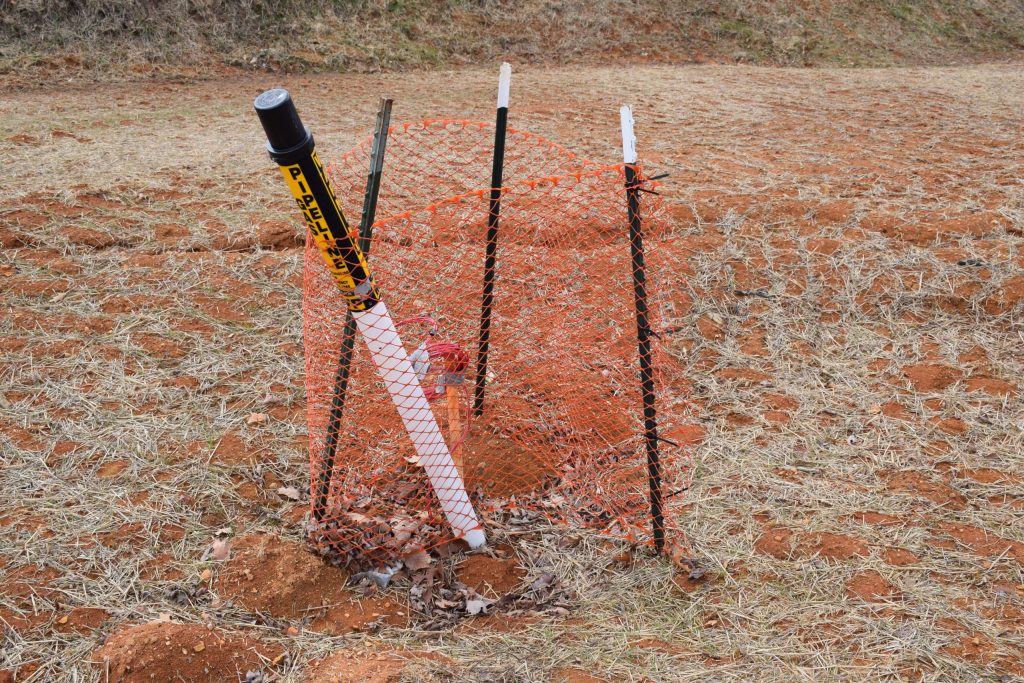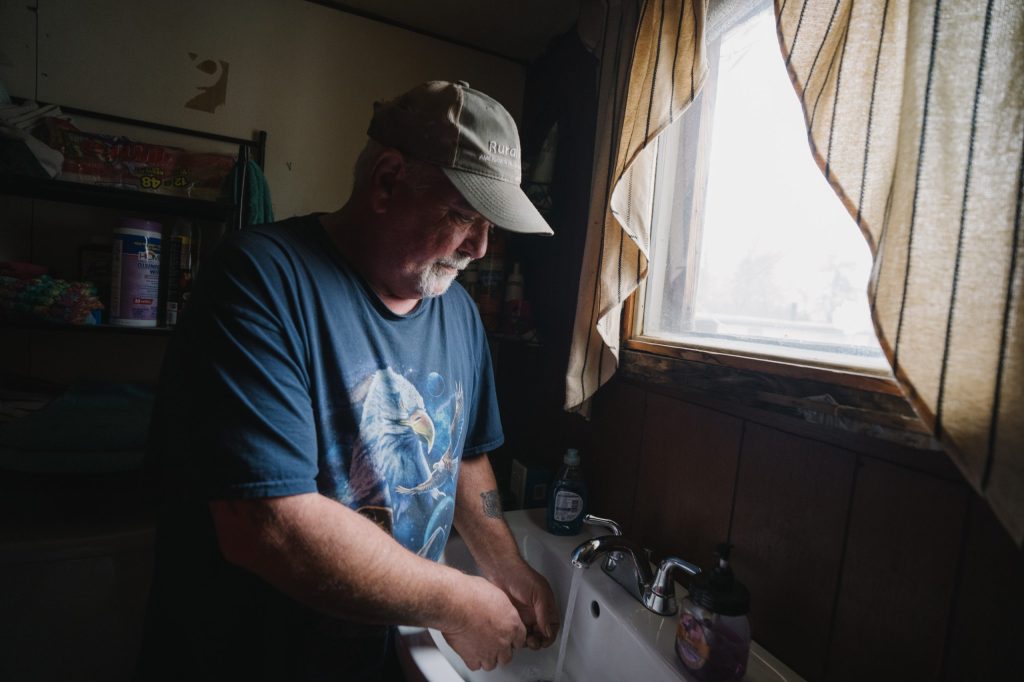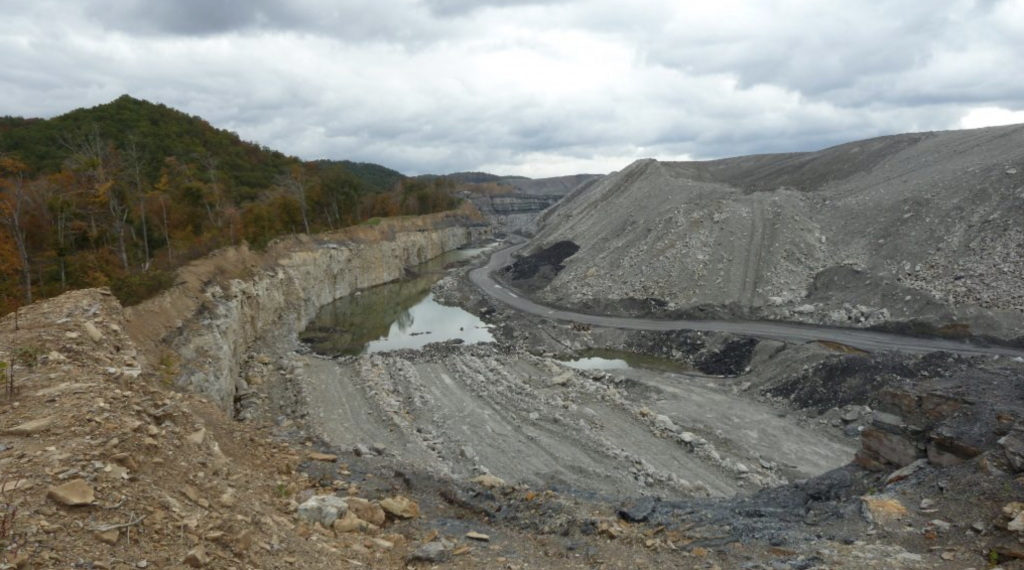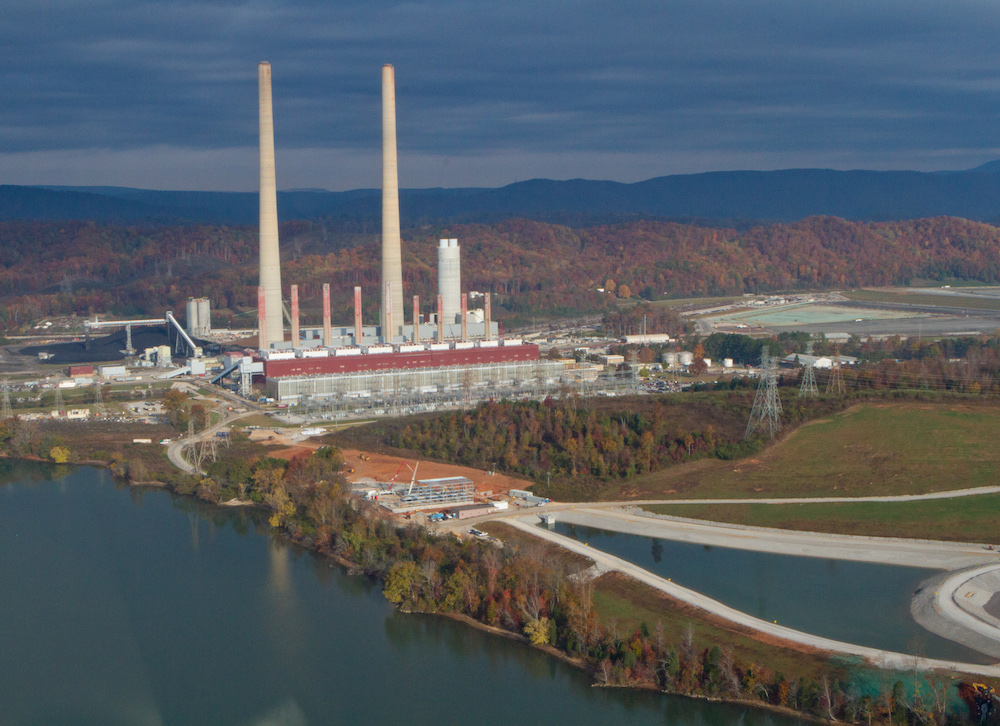Cleaning Up Coal Ash
For well over a century, power plants across the country have burned coal to generate electricity. And for just as long, leftover coal ash has been dumped in open, unlined pits near the power plant, usually located on a river or lake. Every year, U.S. power plants produce 130 million tons of coal ash, which is the second largest waste stream in the country after municipal garbage.
Coal ash concentrates the toxic heavy metals found in coal, including arsenic, mercury, lead and selenium. Stored in unlined, wet impoundments, coal ash has been leaking these toxics into our groundwater and surface waters for years. Sometimes these impoundments collapse — with disastrous results.
Yet government regulations for coal ash management are either non-existent or sparse, and there is little enforcement of the regulations that do exist. In North Carolina, this lack of oversight — and the complicity between state regulators, elected officials and Duke Energy — came to a boiling point in February 2014 when one of Duke’s coal ash impoundments spilled 39 million tons of ash into the Dan River.
Citizens living near North Carolina’s 33 coal ash impoundments — all of which have leaked — have fought for transparency from Duke and the state, and for cleanup of the pollution that threatens their property value, health and family. Their actions forced this issue into the headlines of news networks and to the forefront of environmental justice conversations in the United States.
Appalachian Voices stood with these communities as we worked for years to compel Duke Energy and the N.C. Department of Environmental Quality to excavate coal ash from all the North Carolina sites and dispose of it either in lined, dry landfills, away from waterways, or by recycling it for concrete or other uses, provided it’s done in a manner that protects public health and the environment.
On Jan. 2, 2020, North Carolina announced a historic settlement with one of the state’s most powerful corporations and polluters, Duke Energy. The settlement requires Duke to move nearly 80 million tons of toxic coal ash at six of its power plants to properly lined landfills onsite or recycle it.

Learn information about specific coal ash impoundments in the South, including health threats and safety ratings:
Additional Resources
Fact sheets, videos, links to academic research, and more
Sign Up to Act
Help us protect the health of our communities and waterways.
Latest News
Appalachian Voices statement on Government Accountability Office report on pipeline safety deficiencies
On April 3, 2024, the Government Accountability Office released a report to congressional committees on gas pipeline safety, which included multiple concerns with current data collection and reporting from the Pipeline and Hazardous Materials Safety Administration.
How McDowell County, West Virginia, is Addressing its Decades-old Water Problems
Federal funding and an innovative nonprofit program are key resources McDowell County, West Virginia is using to correct its decades-old problem with access to clean drinking water.
Coal community advocates applaud new “10-Day Notice” rule for strengthening response to health, safety and pollution threats
This morning, the Office of Surface Mining Reclamation and Enforcement released its final “Ten Day Notice” rule to address how the agency responds to community member complaints about safety, pollution, and other violations at coal mines across the country.
Opposition to new Dominion gas plant grows — and now includes Virginia state legislators
What I learned from the town hall was that Dominion, a company with significant resources and ability to expand clean energy in Virginia, has branded a new polluting gas plant as its only option for “reliability.”











